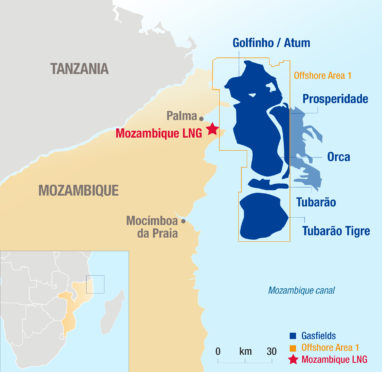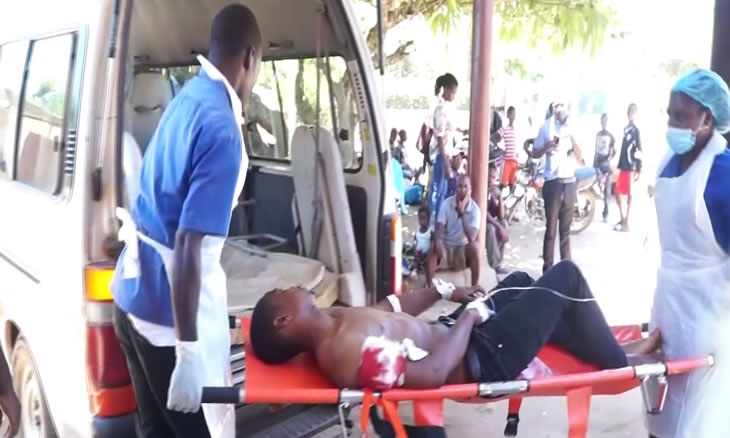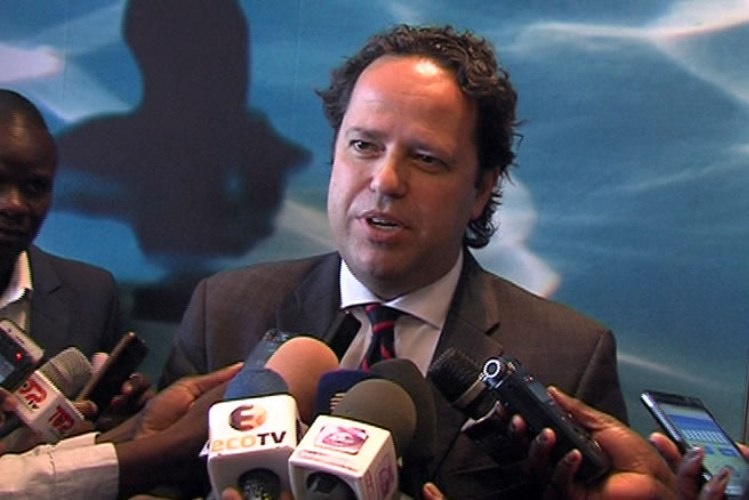A final investment decision on a $3.15 billion (£2.46
billion) liquefied natural gas (LNG) project near Mozambique’s capital will be
taken around the middle of 2020, France’s Total and its partners in the project
said on Wednesday.The project will see a floating storage and regasification
unit moored in the harbour of Matola, a suburb of the capital Maputo, and it
will be connected to a new gas-fired power plant nearby and to South Africa’s
gas network. Total will supply the gas. Total and its partners, including Gigajoule, a gas
company focused on southern Africa, and Mozambique’s Matola Gas Company (MCG),
which operates a 100 kilometre gas pipeline network in Maputo province, signed
an agreement to develop the project on Wednesday.
“[This] will accelerate the process which will enable
a final investment decision to be taken by the middle of 2020,” the joint
statement said, adding construction would then proceed and commercial
operations would commence by the end of that year.
“The availability of a new source of much needed natural
gas and power will fuel the economic growth in Mozambique and the southern
African region.”
Mozambique is on the cusp of a gas boom as blockbuster
projects by the likes of oil majors including Total and Exxon Mobil get
underway in its gas-rich north.While this separate project is situated at the
opposite end of the country, it shows how one of the world’s most impoverished
nations is working to leverage unprecedented inflows of foreign direct
investment in order to develop.The statement said the gas pipeline network,
harbour infrastructure and a connection to South Africa’s network will cost
around $350 million, while the cost of the 2,000 megawatt power plant, which
will be constructed in phases as the market develops, will be around $2.8
billion.Total, Gigajoule and MGC signed a memorandum of understanding related
to the project in 2017. Concessions for the development and construction of the
gas infrastructure and for the design, construction and operation for the power
station were awarded in July.



